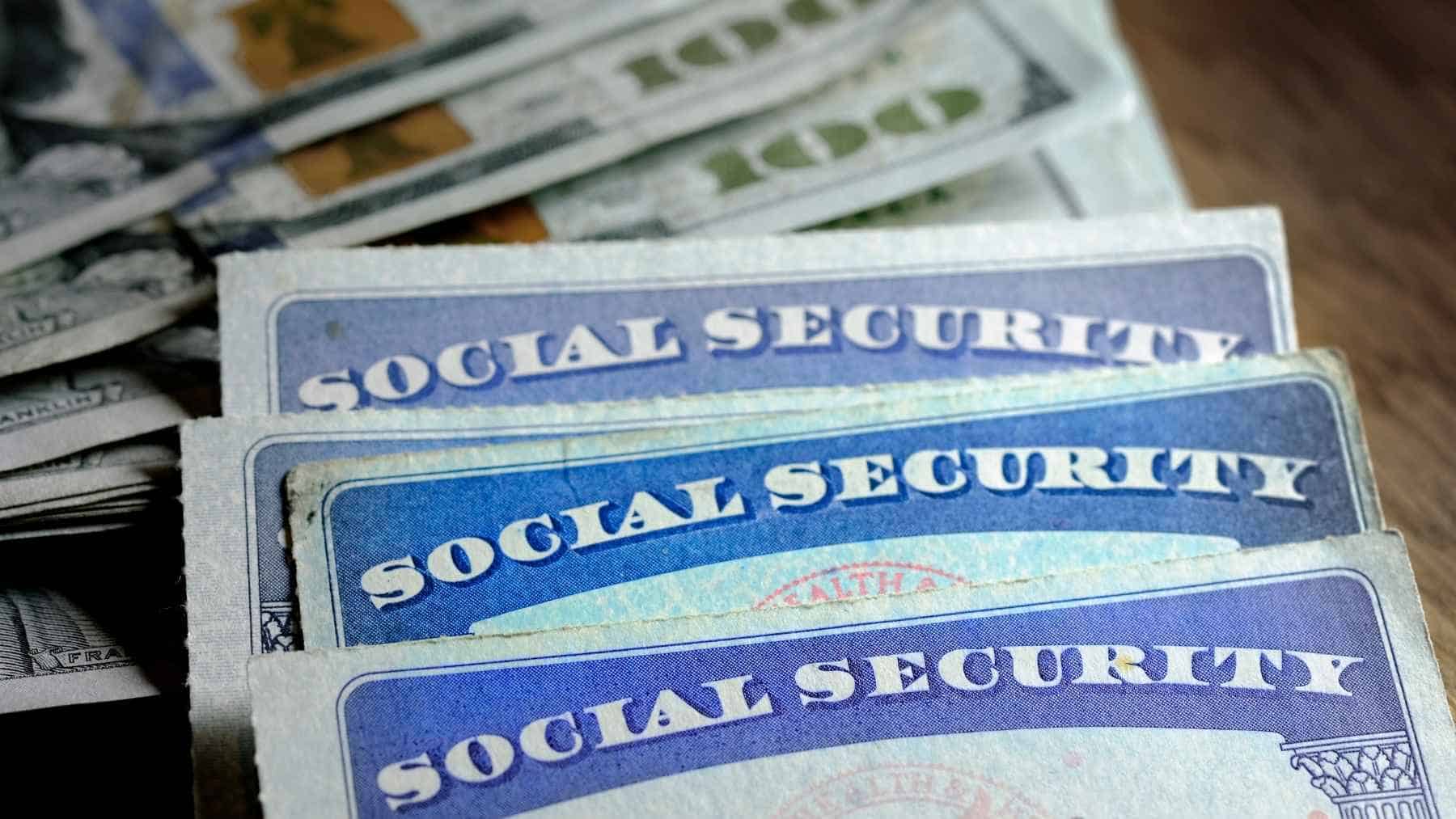Millions of beneficiaries who rely on Social Security benefits are about to experience two big Social Security changes that could impact their monthly payments. Under the Trump administration, The Social Security Administration has experienced big changes and the current ones aim at curbing fraud and recovering overpayments in a move to cut government spending. Although these changes are for the better, many critics argue that some of the changes are unfavorable especially retirees who are already struggling financially and fully reliant on Social Security benefits.
Here are the two changes you need to be aware of and how they could impact your monthly payments;
1. Return of Full Overpayment Recovery
The return of full recovery of overpayments has been one of the most controversial Social Security changes. Initially, during former president Biden’s administration, there was a limit on how much the SSA could deduct from a beneficiary when reclaiming overpaid funds. This rule was however changed after Trump took power.
Under Biden, the SSA only withheld 10% of a person’s monthly benefits but now, the agency is reintroducing a 100% withholding of monthly benefits meaning that retirees and disabled individuals are at risk of losing their entire monthly checks if the SSA finds that they had received overpayments before.
Why This Rule Has Been Returned
According to the SSA, changing the rule to reintroduce 100% withholding of monthly payments is necessary to protect taxpayers’ funds considering that the agency has lost over $7 billion in overpayments. Due to the change in this policy, SSA estimates that it will be able to recover this amount within the next 10 years.
Overpayments occur due to several reasons such as;
- Changes in income that affect benefit eligibility but are not reported or processed in time.
- Changes in marital status that impact spousal benefits.
- Beneficiaries unknowingly receiving more payments than they should due to administrative errors in SSA.
Why This Policy Change is Unfavorable
Critics argue that the full recovery of overpayments is punitive, especially for disabled individuals and retires most of who rely on Social Security as their only source of income. It even gets worse when these overpayments occur due to administrative errors at SSA rather than deliberate fraud or ignorance by beneficiaries. Some retirees have received tens of thousands of dollars in overpayments because of mistakes they did not know existed and are now expected to pay in full.
Although SSA allows retirees to negotiate a repayment plan or a waiver, the current shortages of SSA staffing could make the process difficult. To avoid such cases, it’s important to check your SSA account and see if there are any overpayments or unusual payments and if any, take immediate action by reporting to SSA.
2. Stricter Rules for Updating or Changing Deposit Information
The second policy change entails how beneficiaries can update their direct deposit details. Previously, retirees could easily change their direct bank information over their phones. However, due to increased fraud and identity theft cases, the SSA has now banned phone-based updates. From now on, you can only update your information online using two-factor authentication or by visiting an SSA office in person and requesting the change.
Why SSA Has Made This Change.
According to SSA, 40% of direct deposit fraud cases have emanated from changes made over the phone. By eliminating phone-based direct deposit updates, fraudsters who have in the past redirected Social Security payments to their bank accounts will not have a hard time. This is a good move because it reduces fraud even when confidential information of retirees falls into the wrong hands.
Why This Change is a Concern for Most Retirees.
Although this change reduces fraud thus protecting the Social Security benefits of retirees, some experts believe that some retirees are not comfortable because some have mobility issues that could prevent them from making in-person visits to SSA offices. Others live in rural areas that are miles away from a Social Security office while others do not have reliable internet access or lack computer skills to enable them to maneuver through security checks such as Two-factor authentication.
What Should Retirees Do to Be in Line with These Changes?
To prepare for these two upcoming changes, retirees are advised to;
- Check their SSA account regularly to ensure there are no overpayments on their records.
- Request a waiver or appeal immediately after receiving an overpayment notice.
- Learn how to update direct deposit information online or plan a trip to a local SSA office.
- Stay in touch with current news, especially news regarding SSA.
Conclusion
These two big Social Security changes are set to impact millions of retirees both negatively and positively. While the goal is to reduce fraud and waste of government funds, the policies seem to be unfair, especially in regards to withholding 100% of a person’s monthly benefits. The introduction of stricter rules about updating direct bank information also creates challenges, especially for retirees who have mobility issues and those who lack computer skills. However, these changes are meant for the better and to be on the safe side, retirees should be more vigilant than ever.

